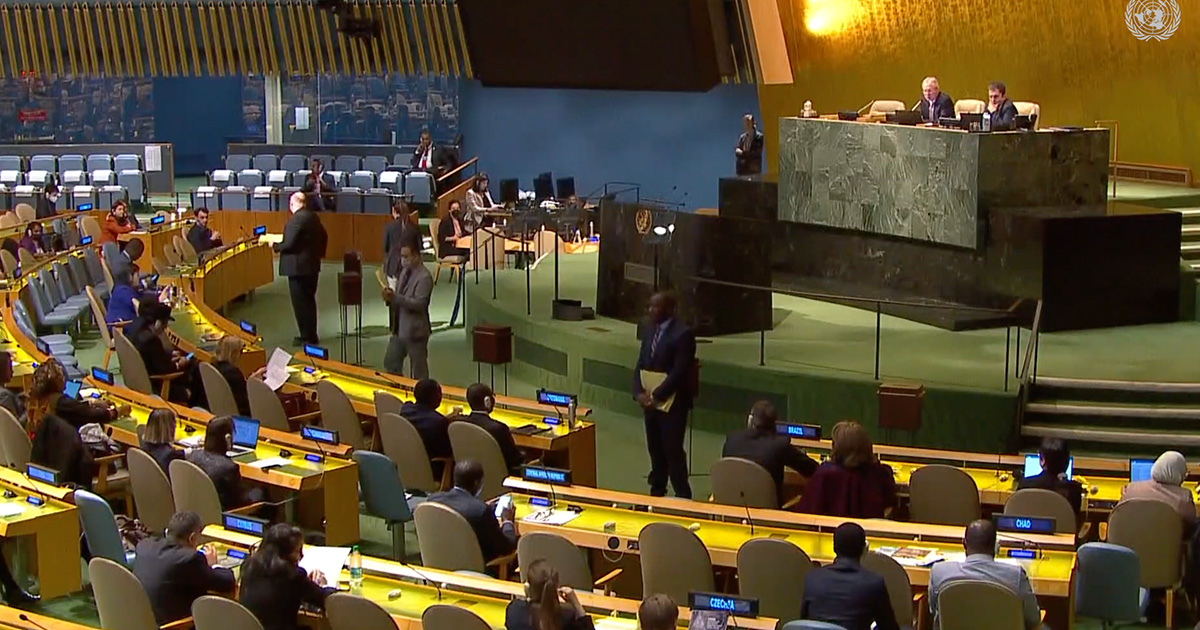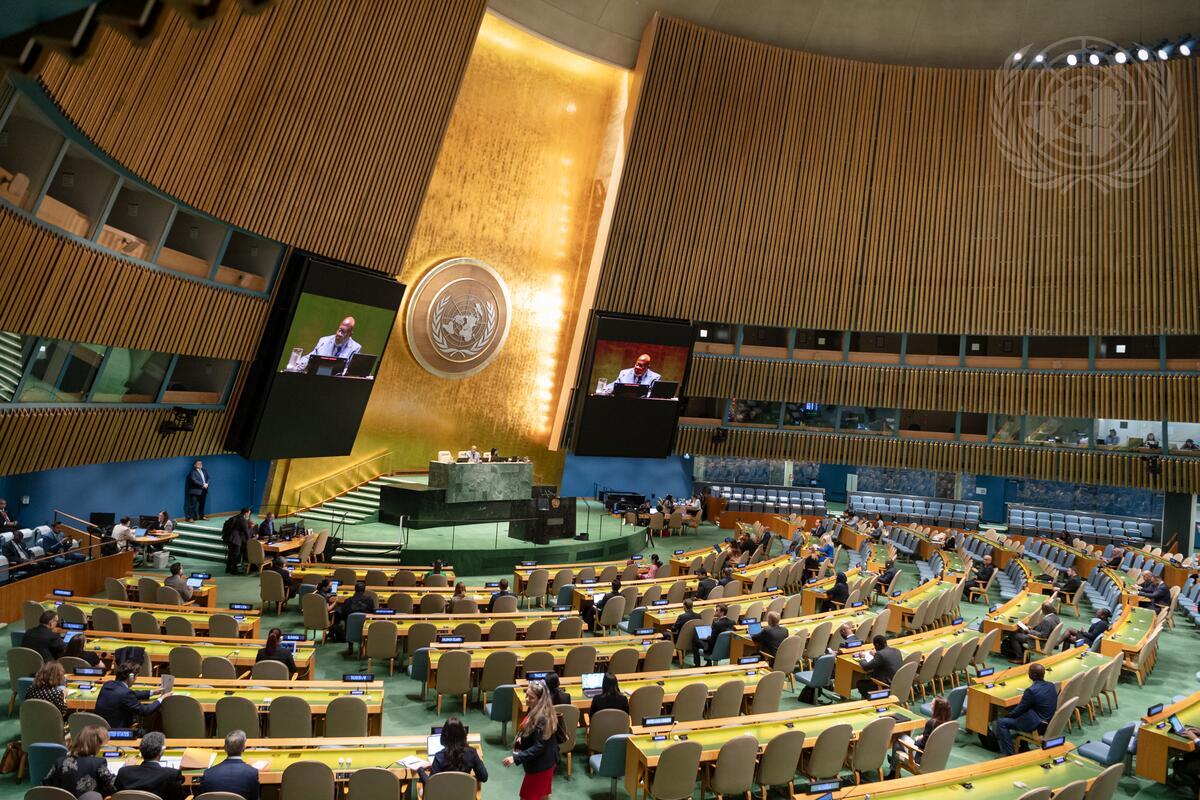The following States have been elected to sit at the Geneva-based body:
- African States: Algeria (178 votes), Morocco (178), South Africa (182) and Sudan (157)
- Asia and the Pacific States: Bangladesh (160), Kyrgyzstan (126), Maldives (154), Vietnam (145)
- Latin America and Caribbean States: Chile (144) and Costa Rica (134)
- Western Europe and other States: Belgium (169) and Germany (167)
- Central and Eastern Europe States: Georgia (178) and Romania (176)
Of the five regional slates, only two were competitive, with more States running than seats available.
States in Asia and the Pacific region presented six candidates for four seats – originally seven, before the late withdrawal of Bahrain, following strong criticism. The Republic of Korea and Afghanistan were narrowly beaten by their competitors, Bangladesh, Kyrgyzstan, Maldives and Vietnam.
The other competitive slate presented was in the Latin America and Caribbean States region, where three States ran for two seats, with Venezuela losing out to Chile and Costa Rica. We welcome the election of Chile and re-election of Costa Rica. A vote to re-elect Venezuela – a country with a history of human rights violations and a record of non-cooperation with UN human rights mechanisms – would have sent an alarming signal on the priorities of voting States.
The three other regions – Western Europe, Central and Eastern Europe, and Africa – were not competitive, with the number of candidates equaling the number of seats available. This continues the concerning trend of uncompetitive elections of Human Rights Council members, making elections more of an appointment process.
‘It is incredibly disappointing that most regional groups presented closed slates,’ said Madeleine Sinclair, Co-Director of ISHR’s New York office. ‘We need elections to be competitive to maintain the credibility of the Human Rights Council and ensure its debates are led in good faith by the most competent and committed actors,’ she added.
Ahead of the election, ISHR prepared individual and regional scorecards comparing the human rights records of each candidate, looking at criteria such as States’ cooperation with human rights bodies and their support for civil society. These scorecards demonstrated how some candidates fell short of the standards laid out in the Council’s mandate in GA resolution 60/251.
Critically, nine of the original 18 candidates have been cited for carrying out reprisals against human rights defenders engaging with the UN by the UN Secretary-General report published in September 2022. Seven of these have now been elected: Algeria, Bangladesh, Kyrgyzstan, Maldives, Morocco, Sudan and Vietnam.
Council membership is an important opportunity to strengthen the promotion and protection of human rights at all levels, including at the national level. ‘We call on all incoming Council members to join the incoming membership pledge initially delivered by Australia in 2018, through which States commit themselves to ‘uphold the highest standards in the promotion and protection of human rights,’ and to fully cooperate with the Council and its mechanisms.’
‘As Council members, States have the duty to be exemplary in their efforts to uphold human rights. This includes paying close attention to calls from civil society and human rights defenders’ Sinclair said. ‘With the Council increasingly at risk of being undermined by political and economic factors, we call on newly elected States to spare no efforts to ensure the body remains able and invested in upholding and protecting human rights of everyone everywhere,’ Sinclair concluded.
Download as PDF




